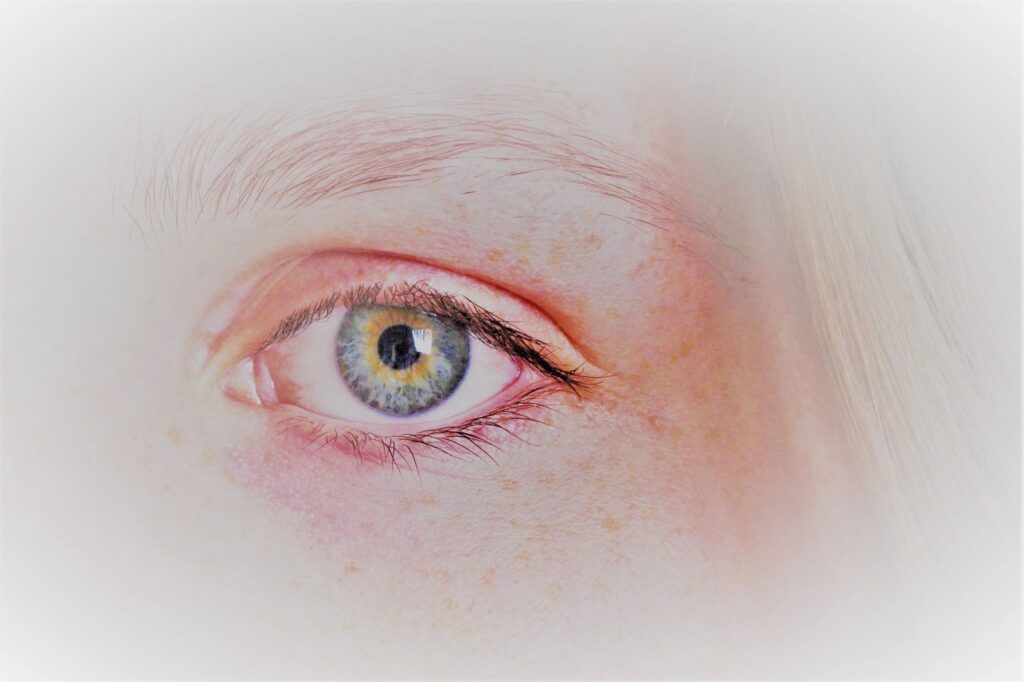
The Mental Health Unknowns of COVID-19
For people around the world, the COVID-19 pandemic has meant a major disruption to familiar ways of life. With changes being implemented rapid-fire in response to the immediate need to slow the spread of COVID-19, relatively little is known about what the long-term, secondary consequences of those changes will be.
When it comes to mental health especially, both COVID-19 itself and the measures that have been taken in response are likely to have far-reaching impacts, but we don’t yet know what the extent of those impacts will be. In a new paper published in Lancet Psychiatry, researchers from four countries highlight several pressing research questions, forming what they frame as “a call to action of mental health science.”
These questions relate to several key themes, including:
- COVID-19 and mental health risk: We can expect that we might see an increase in people with mental health conditions such as anxiety and depression during this time, due to the stressors directly related to COVID-19 and due to factors such as social isolation and economic recession. But we don’t know the extent of increasing mental health risks, or which risks in particular are greatest.
- Coping with physical distancing: Physical distancing aka social distancing has disrupted many activities that promote mental health. It’s now important to collect evidence on what coping strategies facilitate adjusting to this new way of life.
- Vulnerable groups on lockdown: When we talk about “vulnerable groups” and coronavirus, usually we’re talking about people who are more likely to experience severe COVID-19 symptoms. But there are also people who are especially vulnerable to the consequences of lockdown and physical distancing measures. These might include people with preexisting mental health conditions, older adults who are socially isolated, those with fewer financial resources, and healthcare workers who are under increased stress. Dealing with the mental health consequences of COVID-19 will require learning about the impact on these groups in particular.
- Media consumption: Round-the-clock coverage of COVID-19 can keep people informed, but it can also have negative mental health effects if it leads to a constant emphasis on risk and stressful information. As the authors of the paper put it, “Anxiety and uncertainty can drive additional media consumption and further distress, creating a cycle that can be difficult to break.” Research on this topic might lead to strategies individuals can use to manage their own media use and guidelines for how media organizations can cover public health crises like COVID-19 in a way that takes into account mental health.
The authors identified these research priorities both by reviewing relevant literature on the topic and by conducting two surveys of 1,099 and 2,198 people in the UK respectively. One theme that emerged is that while people were somewhat worried about COVID-19 itself, they tended to be even more concerned about social isolation, financial hardship, and “the practical implications of the pandemic response.”
In their paper, the authors highlight several ways researchers can work toward answering these questions. For now, we do some things, such as the fact that quarantine is associated with negative mental health effects. But there’s much more we don’t know, such as what the long-term consequences of putting an entire city on lockdown might be.
Hopefully, then, we’ll soon start to see some of the research programs suggested by the authors being implemented, including with the funding increases that may be necessary. The COVID-19 pandemic has put us in uncharted territory in several ways, and mental health is one of them, so we all stand to benefit from learning more about these current mental health unknowns.
Image: Flickr/byronv2
